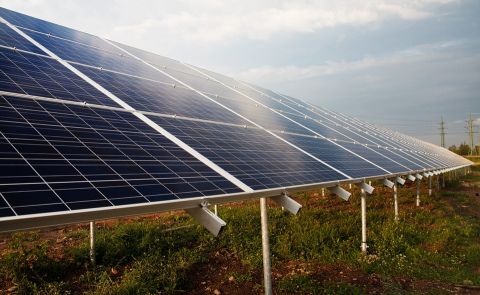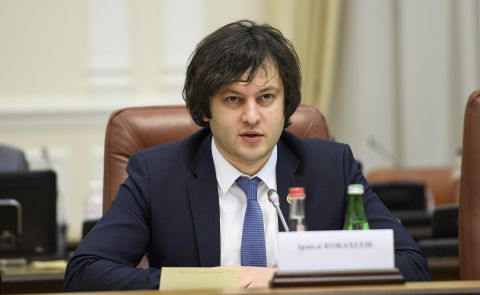
With Saakashvili, Georgian Opposition Risks Losing Another Election
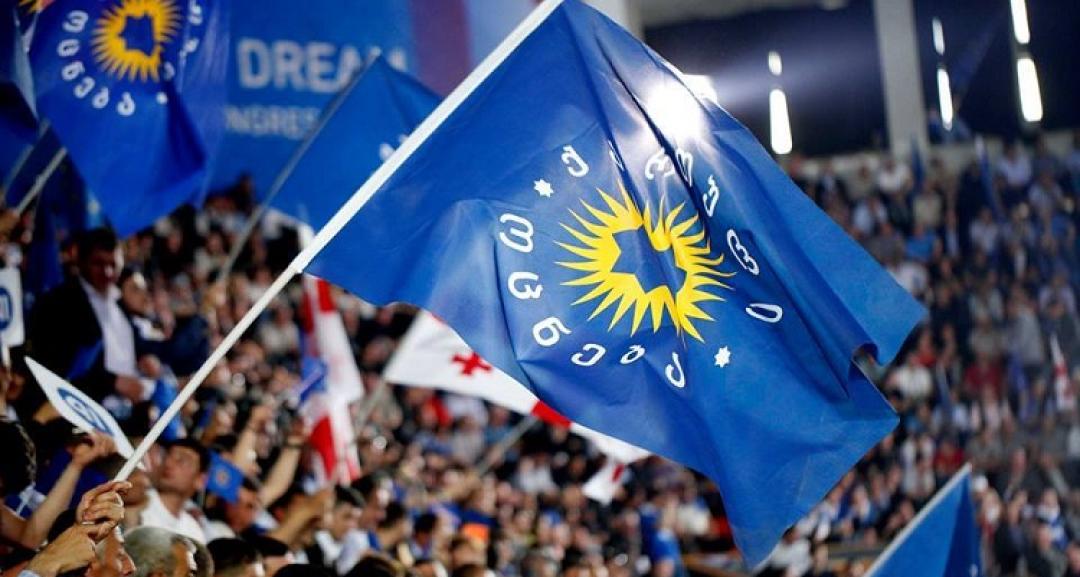
With the approaching October parliamentary elections, the ruling “Georgian Dream” party faces increasingly high odds ranging from a worsened economy to stronger competition from the opposition and external pressure from Western partners. Still, some trends indicate the ruling party might retain the majority in a new parliament particularly as former president Mikheil Saakashvili’s series of contentious statements limits the opposition’s chances.
2020 saw an interesting development: emerging understanding among traditionally highly-divided opposition parties to unite against the ruling Georgian Dream (GD) party. This is an important development within the context of Georgia’s post-communist history. For instance, the Rose Revolution of 2003 materialized as a result of a united opposition front. The same process took place in 2012 bringing Georgian Dream to power.
Georgian opposition parties also have a major impetus to work united as the opposition leaders understand it will be impossible to independently defeat Georgia’s wealthiest and most influential person, Bidzina Ivanishvili. To boost their popularity the parties also collectively signed a code of conduct for the elections period further ,underlining the emerging cooperation.
The 2020 pre-election period also shows an increase in the number of new pro-Western political parties. Mamuka Khazaradze, former banker and a lead proponent of the stalled Anaklia port project established a movement – “Lelo” – which transformed into a political party in late 2019. Another political platform of young politicians is “The Reformer” which unites professionals from various fields of expertise.
Though viewed skeptically by many, these parties are likely to gain a much larger percentage than many other non-parliamentary opposition forces. Reasons for this differ, but general fatigue with the ruling and major opposition parties create favorable conditions for newcomers.
The pre-election period has also been different in terms of the number of appeals and the level of criticism directed at the ruling party from Georgia’s western partners. Throughout the year many letters from US congressmen and senators as well as European politicians urged “Georgian Dream” to follow through with major promises (mainly the electoral reform), further pursue the membership in NATO/EU and avoid dangerous entanglement with Russia.
An additional pressure point is the ongoing troubles of dealing with the corona virus. Georgia was among the safest countries in terms of a low number of patients and effective measures taken to prevent the spread of the epidemic. However, with just weeks from the elections (to be held on 31st of October), the number of daily infections skyrocketed beyond 200 cases. Businesses are suffering, along with the stumbling national currency – lari. This will undoubtedly have an effect on the election results.
It could be argued that the ruling party is currently facing the biggest challenge to its rule since 2012. The foreign pressure coupled with the internal dynamic unfavorably influences the standing of the ruling party. This has been reflected in various polls conducted by international organizations. The GD’s popularity varies from 30% to 40-45%. Polls held by local Georgian organizations differ even more claiming the ruling party will attain 50% mark, while others show a pretty low percentage. All in all, there is a risk of opposition forces getting enough votes to limit the GD from obtaining the necessary majority to independently form the government.
Despite problems, GD’s defeat is not guaranteed
Though there are multiple developments that have put serious pressure on the ruling party, it is unlikely we are going to see a collapse of the government. The ruling party still enjoys popularity among the business and security elites. Many (though exact percentage is difficult to gauge) citizens among the ordinary people also oppose having an abrupt end to the current government. This is especially true in light of having no powerful stand-alone opposition force.
The major opposition parties are the “United National Movement” (UNM) and “European Georgia” (EG). Both are associated with the former Georgian president Mikheil Saakashvili and his rule between 2004-2012. Saakashvili was famous for swift and positive reforms but was also criticized for widespread political repression of opponents and human rights violations. Since his fleeing to Ukraine in 2013, Saakashvili has been actively engaged in internal Georgian politics. His recent announcement of being nominated for the position of PM from UNM caused both positive and negative reaction. Even within the united opposition, Saakashvili’s ambition was met with large criticism.
For Georgia watchers the play here is all too familiar. Saakashvili’s ambitions are being used by the ruling party to build a case whereby the return of UNM would spell end to the political liberties, return of brutality, arbitrary arrests etc. The ploy was successfully used in 2016 parliamentary elections and in 2018 during highly contested presidential votes. In both cases UNM and its candidates were defeated.
In addition to Saakashvili’s controversial statements and political moves, the defeat of GD is also highly doubtful because of wide differences among the seemingly united political front. Differences are abound and there were even cases when the opposition forces could not properly divide the majoritarian seats in the districts outside Tbilisi or in the capital itself. Additionally, Saakashvili failed to present himself as an indispensable figurehead for the opposition. Indeed, Georgian history shows how a strong personality makes a difference in internal politics. For instance, in 2003 and 2012 Saakashvili and Ivanishvili respectively, were the leaders the opposition forces greatly needed.
These impediments, quite naturally, limit the support for the opposition parties. Moreover, for many ordinary Georgians the 2020 elections could bring a more chaotic parliament with numerous parties and constant squabbles and protests in central Tbilisi – a scenario many strive to avoid by throwing support for the ruling party.
Overall, it is likely that GD will get more votes than the united opposition forces. Though, the question remains whether it would be the majority of above 40% (as stated in new electoral law codified earlier this year) when the winner will be able to form the government independently, or lesser number meaning that an arduous process of coalition building would follow. Considering how inexperienced Georgia’s political class is in this kind of political games, the parliament without a majority would likely be fraught with delays and inefficient functioning.
See Also

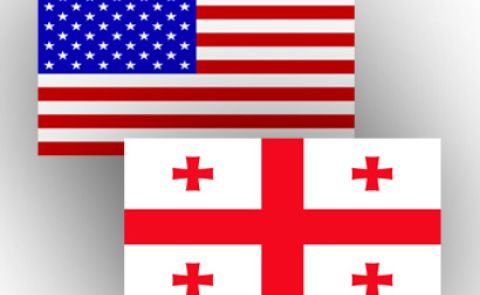
Kobakhidze Meets US Senator Daines to Discuss Bilateral Relations
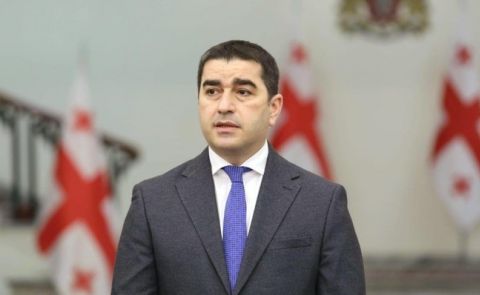
Georgian Speaker Condemns Embassy Travel Warnings as Economic Attack
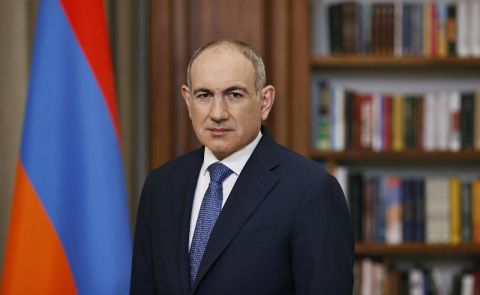
Political Crisis Deepens Between Armenian Government and Apostolic Church After Pashinyan’s Remarks

Ramzan Kadyrov Awards Title to Ingush Businessman
